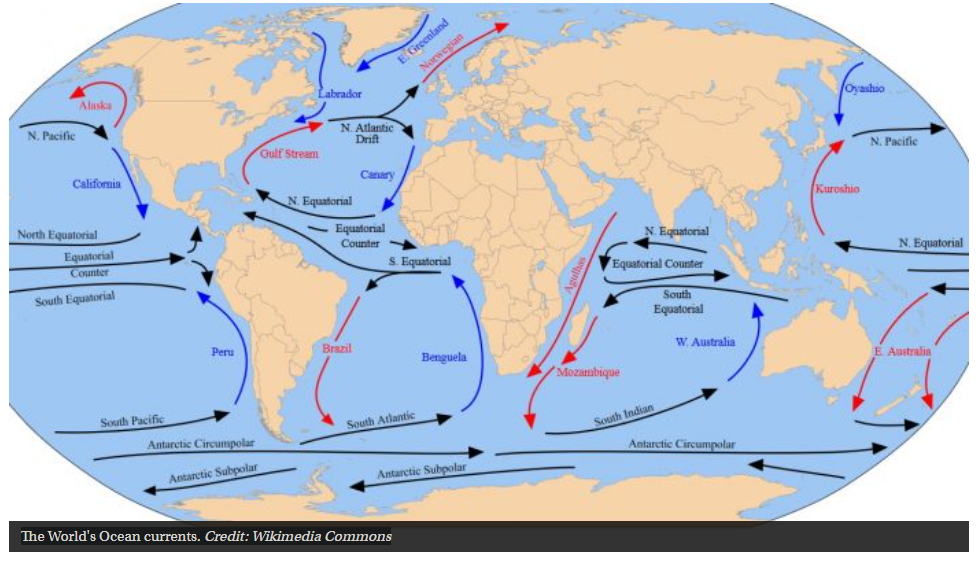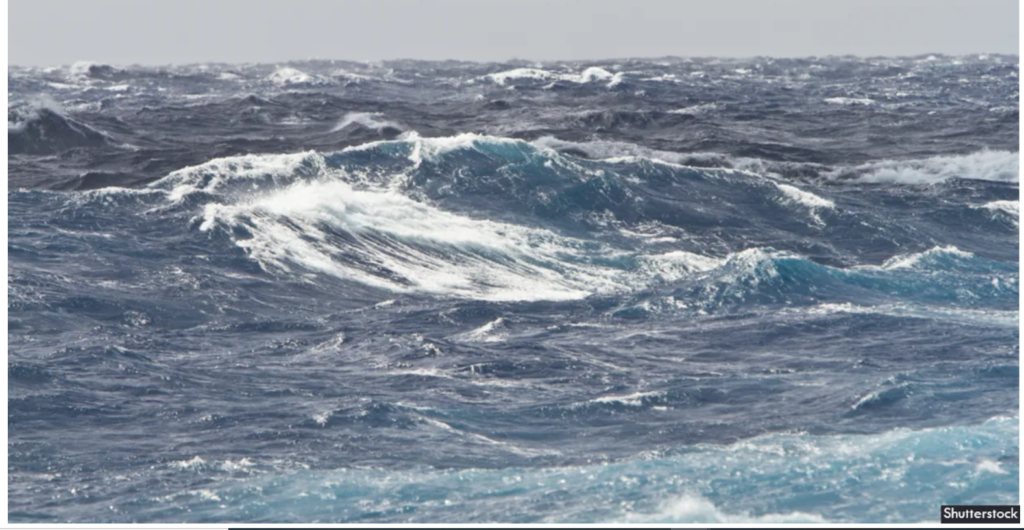The speeding up of the Antarctic Circumpolar Current (ACC) could have wide-ranging consequences across the globe.
The only ocean current that circumnavigates Earth is getting stronger and faster due to climate change, according to researchers at the University of California San Diego’s Scripps Institution of Oceanography.
In a paper published in the journal Nature Climate Change, the researchers have revealed that the Antarctic Circumpolar Current (ACC) is getting faster, as the Southern Ocean surrounding Antarctica is getting warmer. This trend could have wide-ranging impacts on the rest of the planet.
Researchers used satellite measurements of sea surfaces along with data collected by Argo – a global network of ocean floats, to detect the trend of increased Southern Ocean upper layer velocity.
“From both observations and models, we find that the ocean heat change is causing the significant ocean current acceleration detected during recent decades,” Jia-Rui Shi, a postdoctoral researcher at Woods Hole Oceanographic Institution and a former PhD student at Scripps Institution of Oceanography, said in a press release. “This speedup of the ACC, especially its jet centred on the Subantarctic Front, facilitates property exchange, such as of heat or carbon, between ocean basins and creates the opportunity for these properties to increase in subsurface subtropical regions.”

As the only ocean current that flows completely around the globe, the Antarctic Circumpolar Current has enormous influence on the Atlantic, Indian, and Pacific Oceans. The current completely encircles Antarctica and separates warmer subtropical waters in the north from the colder water in the south.
Scientists consider ACC vital in understanding climate change around the earth, as its dynamics with other great oceans influence the exchange of heat everywhere. Research published early this year found that the current had varied in speed over the last 140,000 years and an increase in speed could reduce the Southern Ocean’s ability to absorb carbon.
“The ACC is mostly driven by wind, but we show that changes in its speed are surprisingly mostly due to changes in the heat gradient,” said co-author Lynne Talley, a physical oceanographer at Scripps Oceanography.
Article Credit: in.mashable
